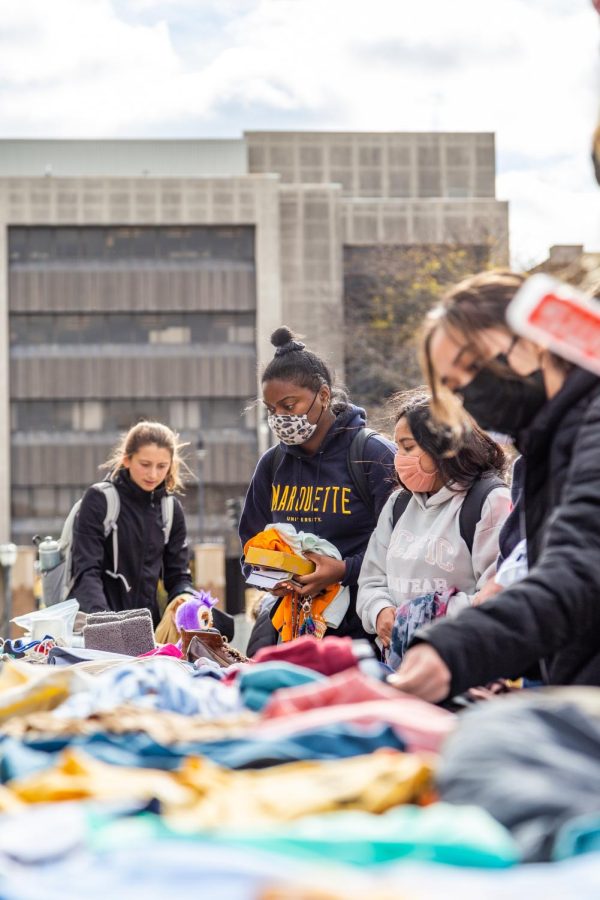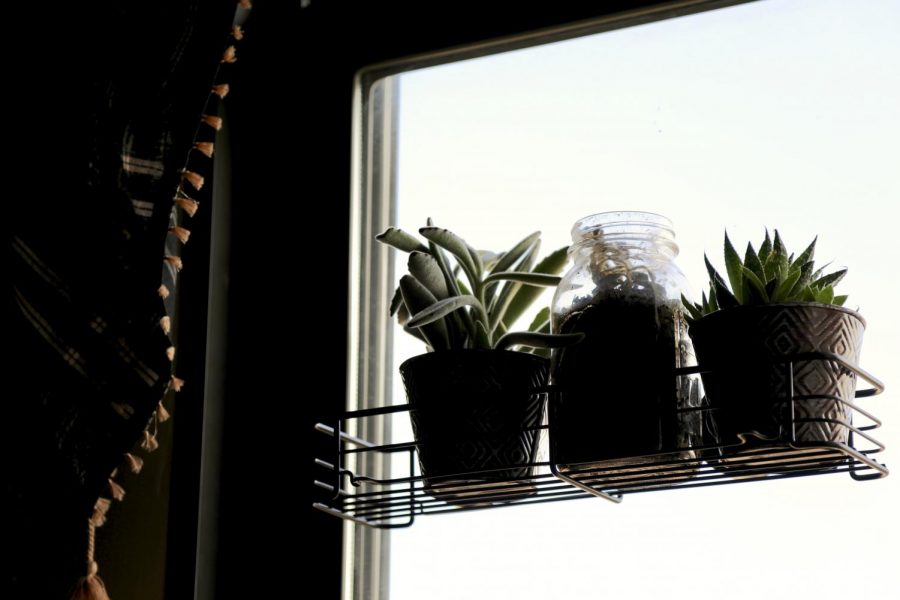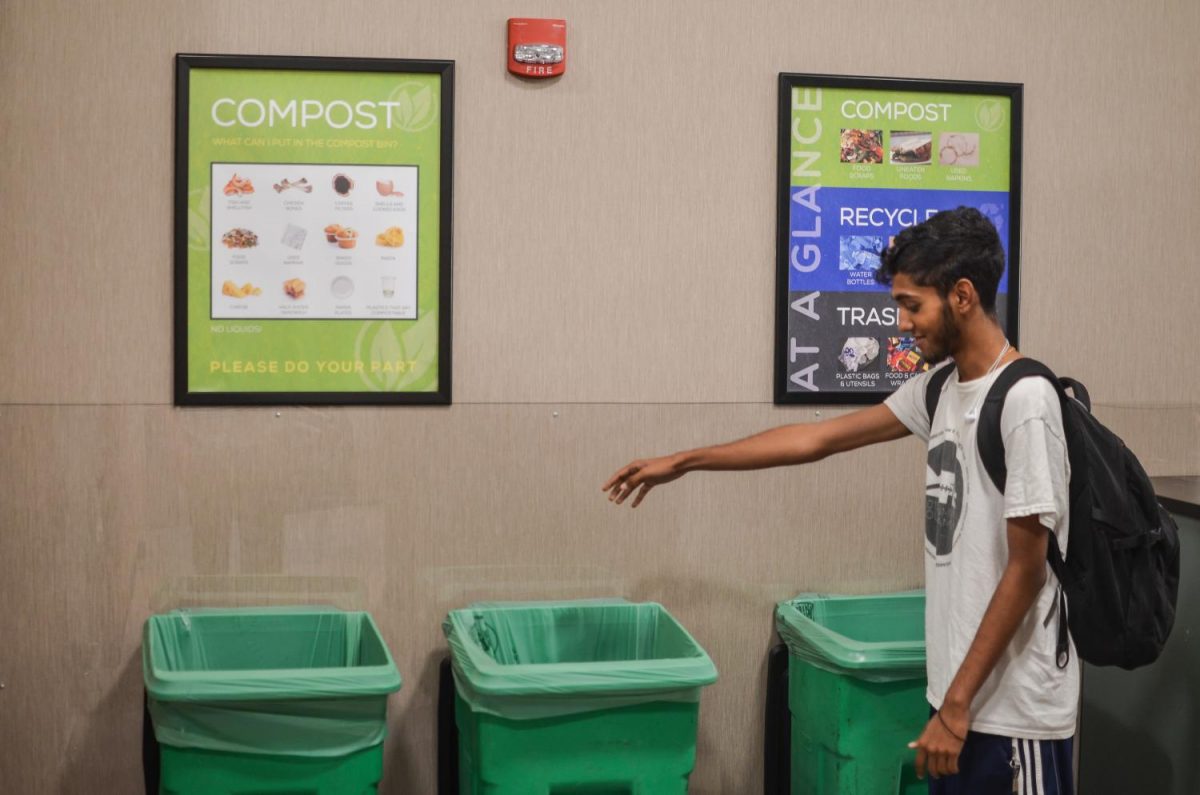
Reduce, reuse, recycle — it seems simple enough. But for some colleges around the country, those three Rs are no longer enough to promote sustainability on campus.
Many universities have gone above and beyond with initiatives aimed at eliminating the use of plastic bottles and other environmentally unfriendly containers all together.
Marquette began its own Sustainability Task Force in 2008, run by Sustainability Officer and Assistant to the Vice President Mike Whittow. He said the STF works with The Renewal Task Force and looks for efficiencies in sustainability through budgeting, social service and environmental areas.
“We don’t have any formal policy (concerning plastic bottles) — our main goal right now has been recycling those products,” Whittow said. “But we have looked at ways to educate faculty, staff and students on the use of buying bottled water and other products.”
The STF works with student organizations like Marquette Student Government and Students for an Environmentally Active Campus on initiatives such as the successful campaigns for single-stream recycling (when all recyclables go into one bin) and planting native trees on campus.
Ali Clark, president of SEAC and a senior in the College of Arts & Sciences, said her organization has discussed eliminating the use of plastic bottles on campus with the STF, but the idea has not gained much traction due to the accessibility and convenience of plastic bottles.
“We’re trying to make it easier across campus with water refilling stations in Zilber Hall, the natural market in the AMU and all new buildings,” Whittow said. “(Refilling stations) are easier to use than (drinking fountains) … because there’s a lever that you press against and it fills the bottle.”
Clark said Marquette’s policies regarding this are heading in the right direction but could be improved.
“We’re definitely moving in the right direction by having a sustainability officer and support of new ideas,” Clark said. “But there’s still a lot that can be improved upon across campus.”
Leeann Kjos, a freshman in the College of Arts & Sciences and Brew Bayou employee, believes Marquette is already doing well in making students aware of the environment, especially with disposable containers and bottles.
“At the Brew, you get 25 cents off if you use a refillable mug — either your own or you can buy one of ours,” Kjos said. “But we also advertise our local sustained Stone Creek coffee, incorporate recycled materials into our medium cups and recycle in the kitchen and dining areas — all of which I think people notice.”
Whittow said as people become more aware about the waste of plastic bottles, the use on campus will go down. Somewhere far down the road there will be policies specifically on bottled water and soda, but it will require taking education to the next step, he said.
Clark said students should take daily initiatives to reduce their environmental impact. Eventually focusing on little things will have a big impact and will change demands on campus, she said.
“In order to make a change, I can’t be on my high horse telling people ‘you have to do this,’” Whittow said. “People have to want to do it themselves, and look at ways to be creative to make it happen.”









